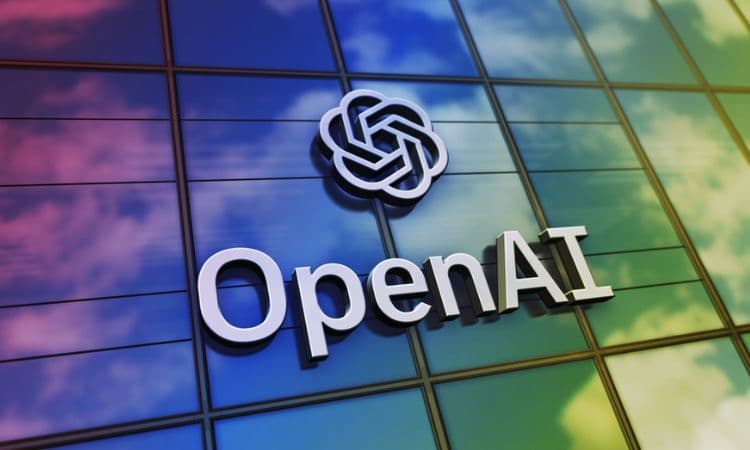
Cryptocurrencies like Bitcoin and Ethereum require consensus models like the Proof of Work (Pow) that consume excessive energy. Further, in a report by the Cambridge Centre for Alternative Finance, it can be realized that Bitcoin’s power actualization is annual and similar to some nations. This has consequently given rise to increasing concern over the sustainability of blockchain.
To address this problem, the EU has gone further to ensure that it protects the environment and at the same time supports the use of blockchain technology.
The EU has incorporated sustainability with its overall digital and environmental framework, especially through the European Green Deal. With goals such as making Europe the world’s first climate-neutral continent by 2050, this is a grand plan and blockchain is in it.
Many efforts have been made to advance blockchain energy-efficient technologies as an initiating innovation. The EU is promoting PoS and other low-energy models of consensus mechanisms. Ethereum has recently shifted to PoS which has been praised for being a more environmentally friendly model, according to Ethereum.org cutting Ethereum’s energy consumption by over 99%.
That is why the EU offers funding for blockchain projects through special programs such as Horizon Europe, which specializes in sustainable development. For instance, efforts in multiple spheres such as applications of renewable energy tokenization or even carbon credit monitoring are emerging.
Blockchain is embedded in Ethe U Green Digital Finance's approach to enhancing transparency and efficiency within sustainably related financial management. Technology advances allow precise tracking of green investments and create full accountability based on the blockchain.
New legal proposals of the EU Markets in Crypto-assets (MiCA) regulation, planned for enactment in 2024, also contain measures connected with environmental impacts. The MiCA will ensure that any issuer or operator, issuing or utilizing crypto assets will need to report energy consumption and sustainability factors associated with the asset.
Moreover, according to Reynolds and quoted by Reuters, the EU is considering how blockchain can be used to support renewable energy grids to eliminate the carbon emissions of this disruptive technology.
European startups are already demonstrating green blockchain solutions. The energy sharing and renewable energy certification companies such as Power Ledger and We Power utilize blockchain technology. These innovations are useful for the direction of the EU towards increasing decentralized and sustainable energy systems.
However, blockchain is also currently used for increasing supply chain visibility, for instance, by tracing sustainable materials and cutting down on excess.

Trump authorizes Trump-themed meme coins

OpenAI's reported $340 billion valuation together

How has the crypto market evolved during

Bitcoin's value strengthens